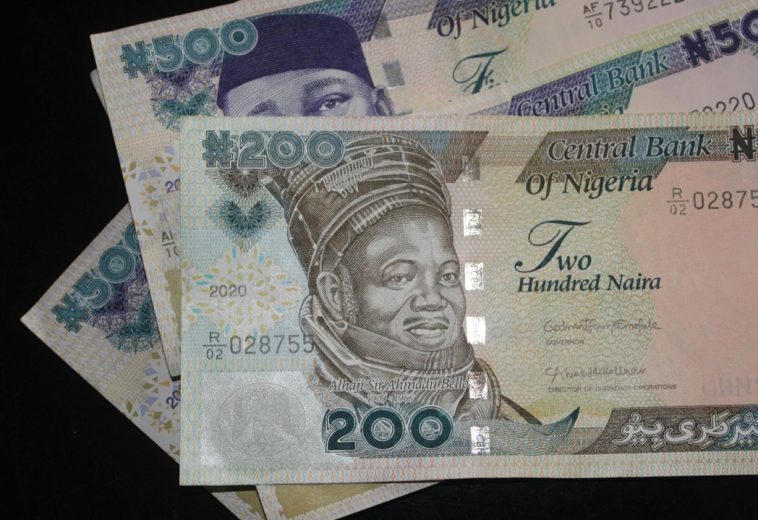The 2025 Edelman Trust Barometer reveals a notable trend in Africa’s media landscape, with Kenya and Nigeria emerging as leaders in media trust. Kenya has recorded a trust level of 66%, while Nigeria follows closely at 63%, both reflecting encouraging increases of 4% and 7% respectively from the previous year. This growing trust in media institutions signifies a critical shift in public perception, suggesting a burgeoning confidence in journalistic integrity and transparency within these nations.
This rise in media trust is particularly significant as it contrasts with the widespread scepticism observed in other regions, such as Japan (33%) and South Korea (38%). In Africa, fostering trust in the media not only enhances access to accurate information but also strengthens democratic processes. A well-informed citizenry enables the media to hold governments accountable and promote responsible governance. The positive trend in Kenya and Nigeria could serve as a model for other African nations striving for similar advancements.
READ ALSO: Media and Democracy: The Battle for Freedom of Press in Africa
Despite these promising developments, challenges remain. Issues such as misinformation, political influence, and media bias continue to undermine public confidence in journalism. While many countries have seen slight increases in trust, others still struggle with significant scepticism. To combat these challenges, media organisations in Kenya and Nigeria must uphold journalistic integrity, prioritise fact-based reporting, and enhance transparency. Public engagement initiatives that promote media literacy can also empower citizens to distinguish reliable information from misinformation.
Innovative solutions are emerging in response to these challenges. Kenya has seen a rise in independent media outlets and community journalism, which prioritise local issues and perspectives. Similarly, Nigeria’s vibrant social media landscape has enabled citizen journalism to thrive, offering alternative platforms for news dissemination and enriching public discourse. Governments and regulatory bodies must also foster environments that support press freedom, allowing media entities to operate without undue interference.
Looking ahead, the future of media in Africa appears promising if the current trend of trust-building continues. Greater confidence in media institutions could provide a stronger foundation for democratic dialogue and civic engagement. As Kenya and Nigeria take strides towards fostering a reliable media environment, they may inspire other African nations to pursue similar strategies, ultimately paving the way for a more informed electorate across the continent.
The journey of enhancing media trust in Kenya and Nigeria exemplifies a broader narrative of hope for Africa. With persistent efforts to address challenges, focus on journalistic integrity, and foster open dialogue, these nations may not only improve their media landscapes but also contribute to a more trustworthy and robust civil society. As public trust in media continues to evolve, its impact could resonate far beyond national borders, shaping perceptions and governance throughout Africa and beyond.




